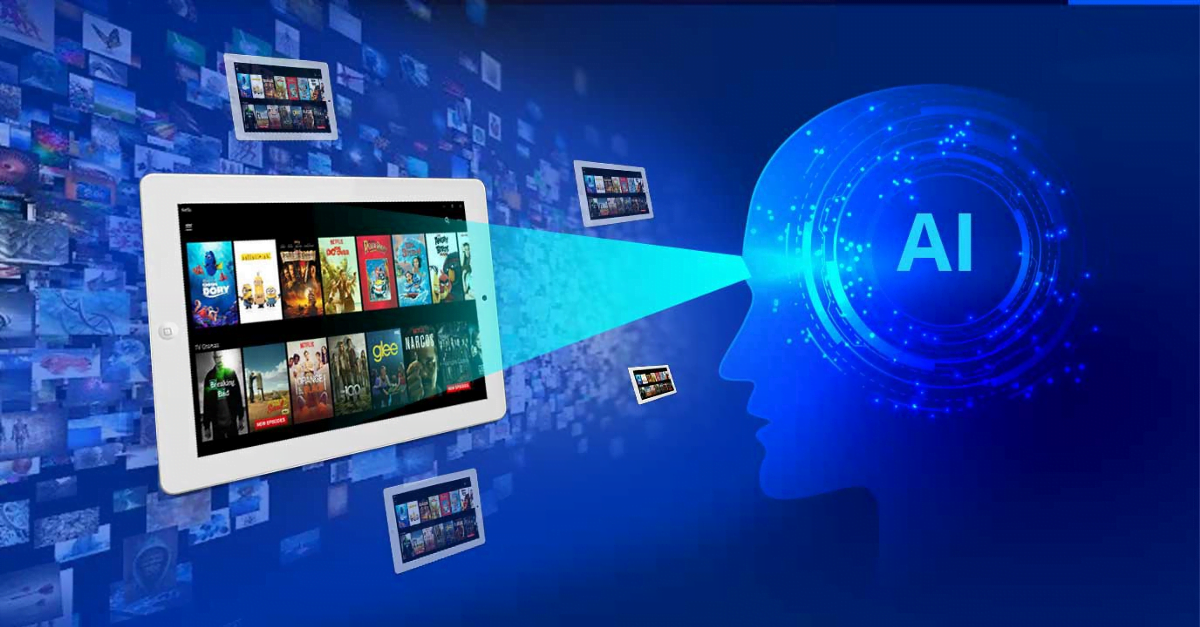
In the evolving landscape of artificial intelligence (AI), a new trend is emerging that could revolutionize the way we consume media: AI-generated TV shows. This innovation allows viewers not only to watch content but also to create it, raising questions about the future of entertainment. Could this spell the end of traditional television as we know it?
What is AI-Powered TV Show Creation?
Several companies are at the forefront of integrating AI into the entertainment industry. Tubi, for example, has introduced Rabbit AI, a feature that leverages ChatGPT-4 to help users discover and create content. This tool allows viewers to generate personalized content by describing their preferences, which Rabbit AI then uses to craft unique viewing experiences.
Similarly, Cineverse has developed cineSearch, an AI-based video assistant that uses Google Cloud’s Vertex AI platform and Vionlabs’ cognitive AI to provide highly personalized content recommendations. CineSearch can interpret natural language descriptions and generate detailed metadata based on the content’s emotional and environmental attributes.
The Technology Behind AI-Generated Content
OpenAI’s Sora is another significant player, capable of generating video content based on user prompts. This AI model can create intricate videos, maintaining visual quality and adhering to user specifications. Sora is designed to understand and execute complex prompts, producing everything from animated scenes to cinematic shots.
Implications for the Entertainment Industry
The rise of AI-generated content has profound implications for the entertainment industry. It democratizes content creation, allowing anyone with an idea to produce a TV show without needing extensive resources or professional expertise. This could lead to a surge in diverse and innovative content, as more people can bring their unique visions to life.
However, this technology also raises concerns about the future of traditional media jobs. As AI becomes more capable of generating high-quality content, the demand for human writers, directors, and producers might diminish. This shift could lead to significant changes in the industry, requiring professionals to adapt and find new roles within this AI-driven landscape.
Ethical Considerations
AI-generated content also brings up ethical questions. The potential for misuse, such as creating deepfakes or spreading misinformation, is a significant concern. Companies like OpenAI are developing safeguards to detect and prevent misleading content, ensuring that AI tools are used responsibly.
User Experience and Personalization
One of the most exciting aspects of AI in entertainment is the potential for personalized viewing experiences. AI algorithms can analyze user preferences and viewing habits to suggest content tailored to individual tastes. This level of personalization can enhance user engagement and satisfaction, making the viewing experience more enjoyable and relevant.
AI-powered TV show creation represents a significant leap forward in the entertainment industry. While it offers exciting possibilities for content creation and personalization, it also poses challenges and ethical dilemmas that need to be carefully managed. As this technology continues to develop, it will be crucial for industry stakeholders to navigate these changes thoughtfully, ensuring that AI enhances rather than disrupts the entertainment experience.